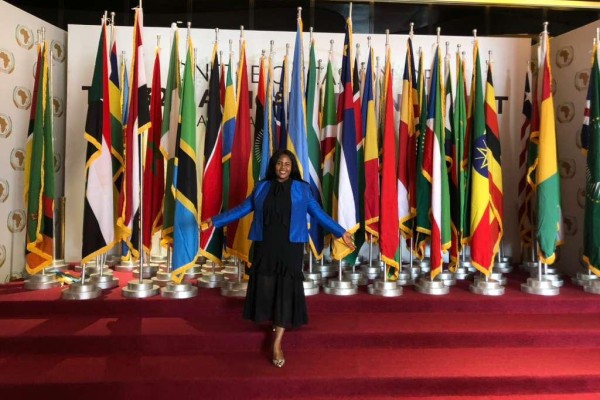You do not need a forest, fancy supplies, or a science degree to raise little earth stewards. What you need is a handful of playful ideas, a few minutes each day, and the patience to let kids discover how their choices matter. This guide gathers simple, low-prep wins you can use today, turning ordinary afternoons into fun environmental activities for kids at home.
Start small, repeat often, and celebrate tiny wins. The goal is not perfection. It is building eco friendly habits for families with children that feel natural, joyful, and doable on a busy week.
1) The Sorting Race
Lay out four containers: paper, plastic, metal, landfill. Give kids a mixed pile of clean recyclables. Say “Ready, sort.” Time them, then check together. Talk about why caps, labels, or food residue can change where an item goes.
2) Step-by-Step Recycling Lesson
Preschoolers love sequences. Model exactly how to teach recycling to preschoolers step by step: 1) empty, 2) rinse, 3) remove caps when required, 4) check the local guide, 5) place in the right bin. Turn it into a chant so it sticks.
3) Sink or Float Compost Test
Fill a clear bin with water. Drop in banana peel, eggshell, paper towel, and a bit of plastic. Guess, test, and talk about what breaks down in compost and what should not. If you have a garden, start a small countertop scrap jar.
4) Nature Scavenger Hunt
Make a list: one smooth leaf, one fallen flower, one round stone, one thing that smells fresh. Keep it gentle and respectful. Everything must be already fallen. End with a minute of “quiet ears” to notice sounds.
5) Reuse Box Makerspace
Keep a clean “reuse box” of cardboard tubes, cereal boxes, string, and bottle caps. Set a 15-minute build challenge: a marble run, a mail carrier satchel, or a mini garage for toy cars. Creativity is the first cousin of sustainability.
6) Water Wizard Challenge
Place a sand timer in the bathroom. Can your child finish handwashing or toothbrushing before it runs out while still doing it well? Explain hot water energy and cold water savings. Track “wizard stars” on a sticky note.
7) Electricity Detectives
Turn off the lights, then walk room to room. What glows anyway? Chargers, smart speakers, power strips. Teach kids about “phantom power” and practice unplugging. Give badges for “most sneaky watt found.”
8) Leftovers Remix Night
Once a week, turn leftovers into something new: rice becomes fried rice, roasted veg becomes taco filling, berries become yogurt parfaits. Invite kids to name the dish. Less waste, more fun.
9) Plant a Windowsill Garden
Start with fast-success seeds like basil or lettuce. Let kids mist, measure, and record growth. When you harvest for pizza or sandwiches, connect the dots: plants, water, sun, patience, food.
10) Litter Cleanup Bingo
Draw a 3×3 bingo of common litter you sadly find nearby: bottle cap, snack wrapper, straw, plastic bag. Suit up with gloves, use a grabber if you have one, and stay safe. Fill a row and celebrate with a story picnic.
11) Upcycled Instruments
Make shakers from sealed spice jars and dry beans, or a rubber-band guitar from a box. Play a family song. Talk about reusing before buying new.
12) The Five-Minute Fridge Audit
Set a timer. Check dates, freeze what you cannot eat this week, and move “eat-me-soon” items to the front. Kids love arranging. Food saved is money saved and methane avoided.
Make the habits stick
A routine beats a one-off. Try this gentle rhythm:
- Morning:open curtains for daylight, refill water bottles.
- After school:one quick reuse build or nature hunt.
- Evening:lights sweep, short showers, check the recycling.
These tiny loops become eco friendly habits for families with children when they are attached to moments you already do. Add a visual: a “Planet Protector” chart where kids add a sticker for each small action.
Keep it positive
Praise specific choices: “You rinsed the yogurt cup perfectly.” Offer two good options instead of a lecture. Kids learn best when they feel capable and safe.
Local rules matter
Recycling rules change by city. Print your local guide, circle the surprises, and tape it inside a cabinet. When in doubt, look it up together. That research moment is part of how to teach recycling to preschoolers step by step because it shows that grown-ups are learners too.
Your next tiny step
Pick one idea from the list. Do it for five minutes today. Put it on repeat next week. Over time, these small practices add up to a home culture of care. You will see children remind you to unplug chargers, water seedlings, and check the bin before tossing. That is the quiet magic of fun environmental activities for kids at home: they turn learning into living.

